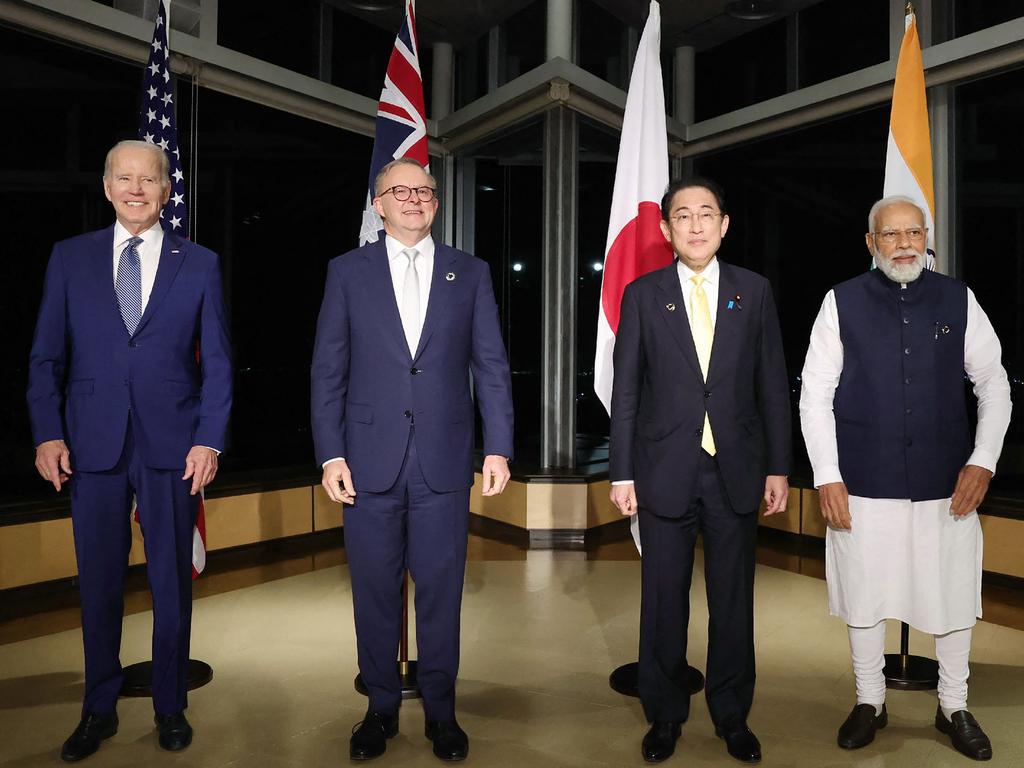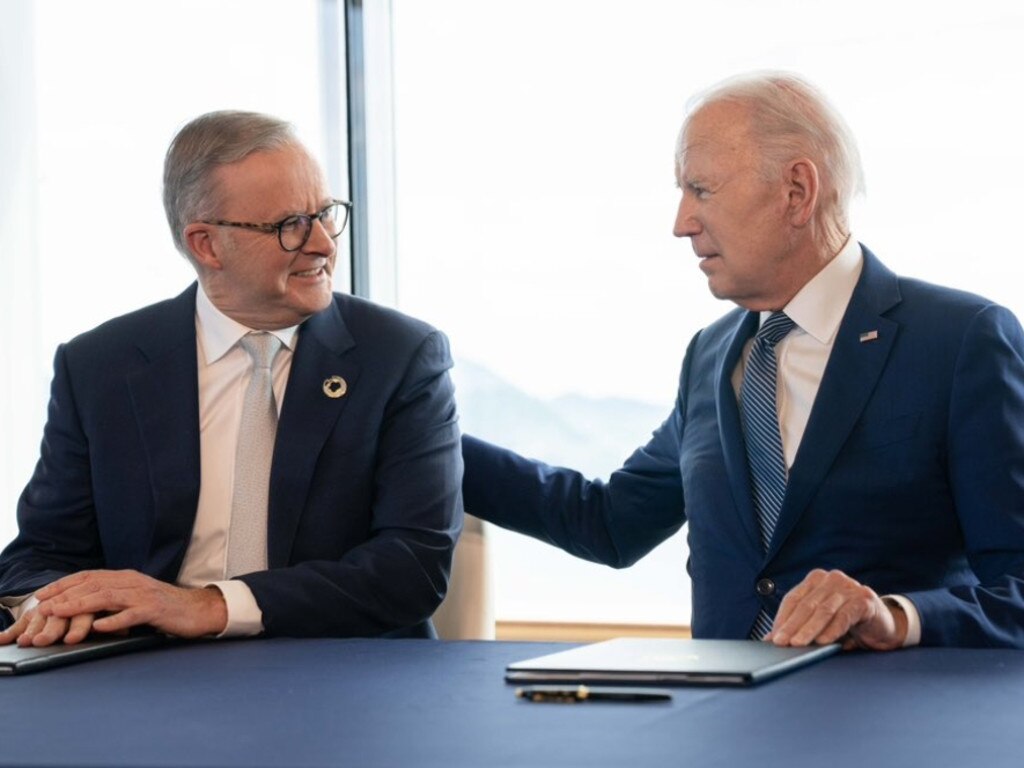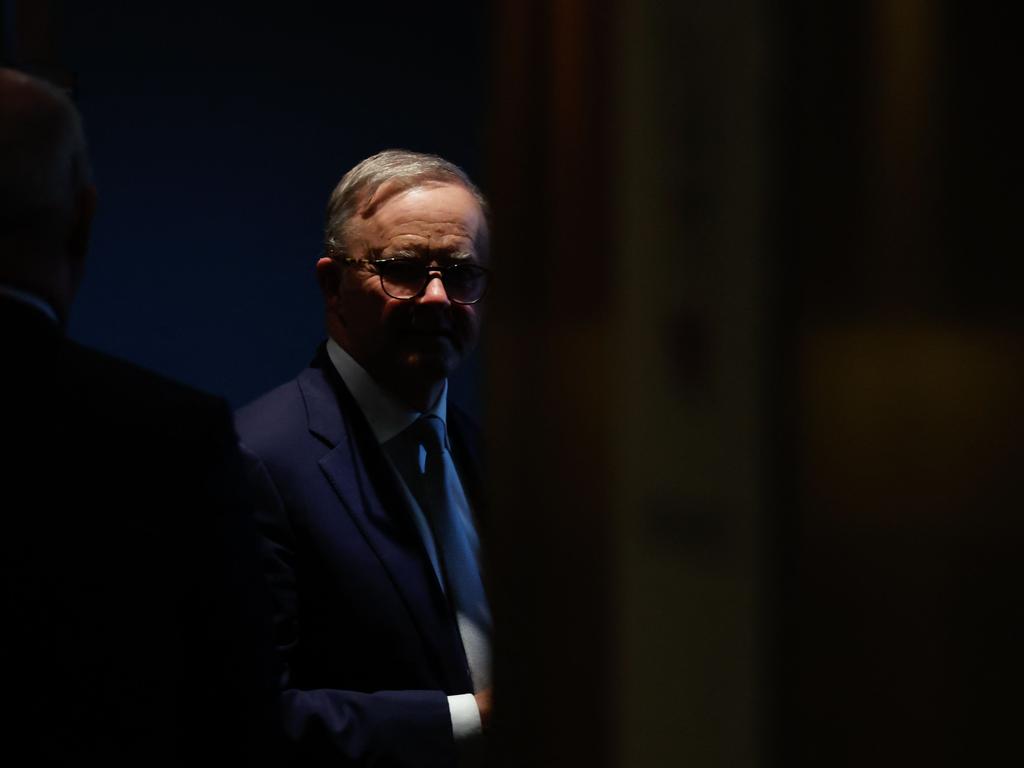Why Americans will spend big on our mining, processing

America’s past involvement in Australian mining gives us a clue as to what is ahead.
America’s enthusiasm for Australian mining started at the end of the 19th century when a youthful Herbert Hoover, who later became the thirty-first US President, drove the development of the Sons of Gwalia gold mine near Leonora in WA which is now owned by Saint Barbara mines, but it’s about to be sold to Silver Lake Resources.
Hoover also played an important role in developing mines in Kalgoorlie and Broken Hill.
In the 1960s, in the wake of the ANZUS treaty, Americans kickstarted one of the world’s great mining booms covering Australian iron ore, coal, copper and aluminium.
American Metal Climax discovered the great Mount Newman iron orebody but with Australian partner CSR sold it to BHP for what in hindsight was a ridiculously low price, delivering The Big Australian a bonanza. But there was a second BHP bonanza from the American exit from Australian mining.
Utah was also an early investor in Australian iron ore, but its major contribution was the development of Bowen Basin coal, which it sold to BHP (along with Chilean copper) at a price that delivered BHP a huge windfall.
(On the other hand, when BHP went to the US and bought the Magma copper assets, it was taken to the cleaners.)
Also, in the 1960s America’s Kaiser Steel Corporation signed the first Japanese steel export contract from Mount Tom Price but, as with AMAX, Kaiser sold at a token price. The buyer was later to become the London controlled Rio Tinto.
America’s Asarco drove development at Mount Isa and Alcoa in partnership with Western Mining set up a major bauxite/aluminium business in Australia.
Although Hoover became a US President in his Australian mining days, there were no direct links with the US government administration.
Joe Biden and Anthony Albanese in Hiroshima reached an agreement where the US President will seek to steer through Congress a bid for Australian producers to be treated as US domestic producers under the Inflation Reduction Act that offers colossal handouts for clean energy developers.
The Act aims to strengthen the US industrial base for large-capacity batteries, but that base can now include Australia. More importantly, the US department of defence has the authority to increase domestic mining and processing of “critical materials” for the large-capacity battery supply chain.
The act preamble states that the US “depends on unreliable foreign sources” for many of the strategic and critical materials necessary for the clean energy transition, such as “lithium, nickel, cobalt, graphite, and manganese” that are all used in large-capacity batteries.
Later minerals lists included rare earths, where China dominates production. The Chinese also dominates processing of the magnets that are essential for batteries, plus the batteries themselves and solar panels. The US has been asleep and enjoyed the low prices that came out of China, but the land of the Stars and Stripes is waking up very rapidly.
In this “wake up” the Albanese-Biden agreement shows remarkable understanding of how “mercantile capitalism” works.
When Australia was building up a dominant position in iron ore, it maintained excess capacity and periodically dumped that capacity on the market when rivals studying investments to challenge Australian dominance.
The Chinese learned the rules of the game and so, with Australia now looking to increased production and processing of rare earths. Suddenly, Chinese production rises and prices drop. This takes away the shine from new developments, so shares in Australian rare earth companies with processing projects have slumped.
The Americans want to build up a mining and processing industry insulated from “mercantile capitalism” price fluctuations and so the agreement states that new projects we will not be impacted by “market distortions”
Investors in mines and processing plants covered by US legislation looks set to be insulated from major price fluctuations (both up and down). Australia’s great advantage over the US is that in mines particularly in South Australia usually have lower approval times, although if the proposed voice referendum words remain and the constitution is changed that could potentially jeopardise the thrust of the Albanese-Biden agreement, particularly if the US streamlines approvals.
Australian processing costs can be higher, particularly when compared with countries like South Korea.
A hint to what the government might do came from outgoing Australian Workers Union national secretary Daniel Walton, who suggested taxes on the export of raw materials that were not processed in Australia.
It was clearly a thinly disguised message to the Americans that we do not want to repeat what happened in iron ore, which was turned into iron and steel elsewhere. Instead, we want to duplicate Alcoa and MIM, where the Americans with Australian partners invested in major processing facilities. The Albanese-Biden agreement paves the way for this to happen again. It will also trigger takeovers.
My guess is that we will see a mixture of Australian and US processing – very similar to what happened in the 1960s. But this time we are linked to US defence subsidies, so there will be no exiting at low prices.







The Hiroshima agreement flags the return of Americans ready to make substantial investments in Australian mining and processing. But the agreement has a rare twist involving so-called “mercantile capitalism” that will impact investment criteria.